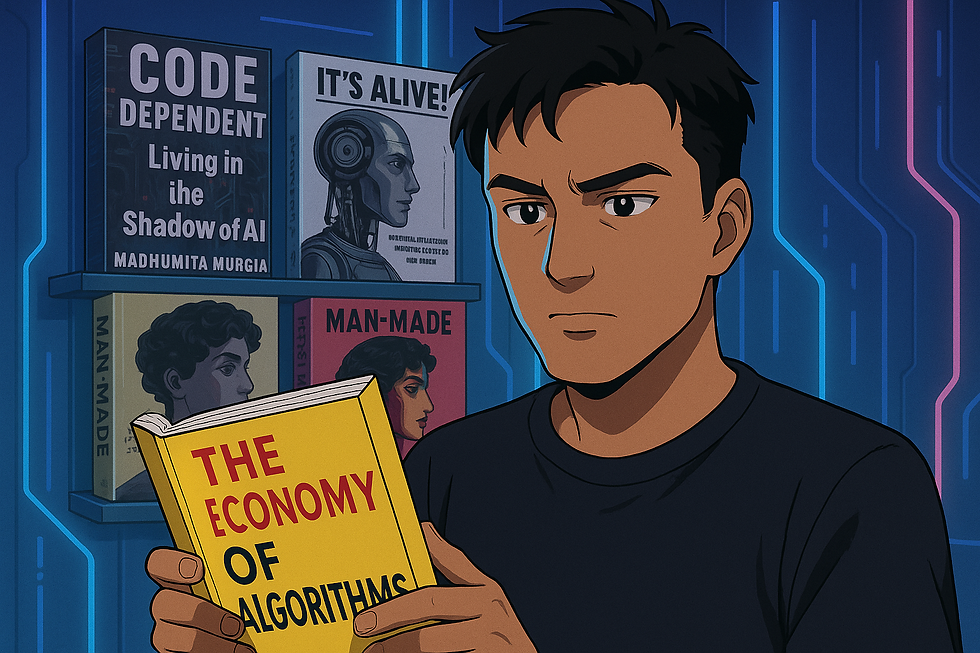Book Review - No Place to Hide: Edward Snowden, the NSA, and the U.S. Surveillance State
- Ganesh Sreeramulu
- May 12, 2025
- 2 min read
Updated: May 17, 2025

Let me start with admitting that this is the first time, I spent a significant time reading on Snowden/NSA disclosure, despite it being well publicized. So it’s a pretty late start indeed
So here goes my review.
I would actually classify this whole book into 3 parts
The first part — The author gets us introduced on how he gets connected with Snowden, the gravity of the potential NSA disclosure. But be prepared for a good dose of “procedures and intricate approval chains” of journalism when dealing with such a topic. And this is the only part, where any significant time is spent on Snowden the character (maybe it was intentional, to keep the focus on NSA and not on an individual)
The second part — This is all about sample NSA documents of all sorts popping up as images on every second page . What intrigued me the most was — “The focus of collection of Meta-data on communication channels and not necessarily the data itself” . Meta-data in this case is “Who called Whom ? For how long ? From which location “ as opposed to typical content of calls/emails. Interestingly more valuable patterns are uncovered via this meta-data, rather than the actual data itself

The third part — This one is all about “morals” . “Journalism Vs Activism” — As they have significant difference under the watch of the government . One particular aspect that was intriguing — was the comparison of “Government Surveillance” to “Religion” where there is fear-mongering that you are always under the watch of the “government” or “gods of your respective religion” . And this feeling of surveillance, significantly undermines your natural activities (maybe that was the intention)
Couple of things that stood out (not necessarily for the right reason)
There is a lot of focus on the author and this journalist biases. This was contradictory to the Snowden style — “Focus on the topic (NSA Leaks) rather than the person (himself)”
A lot of inherent bias comes out against other rival publishing houses (which I can’t differentiate as right or wrong)




Comments